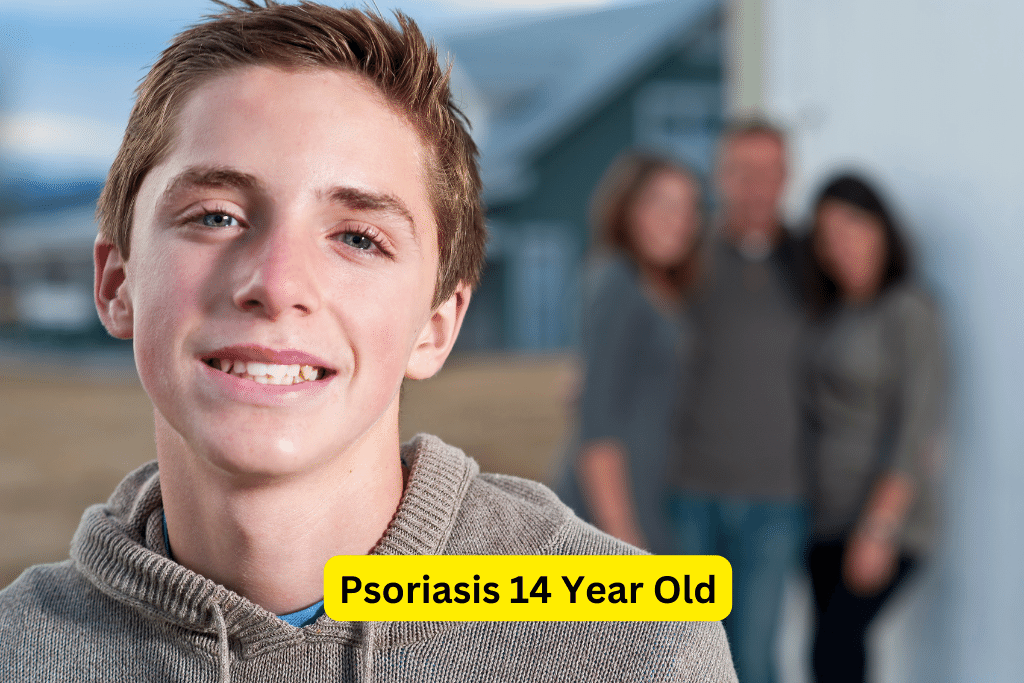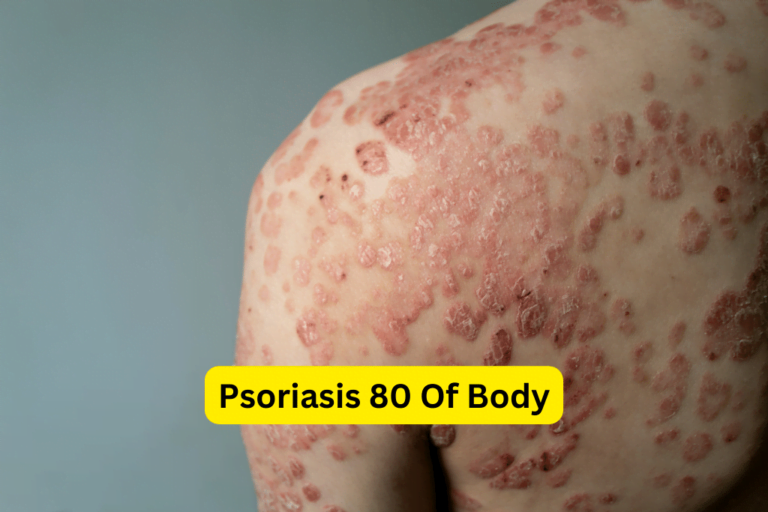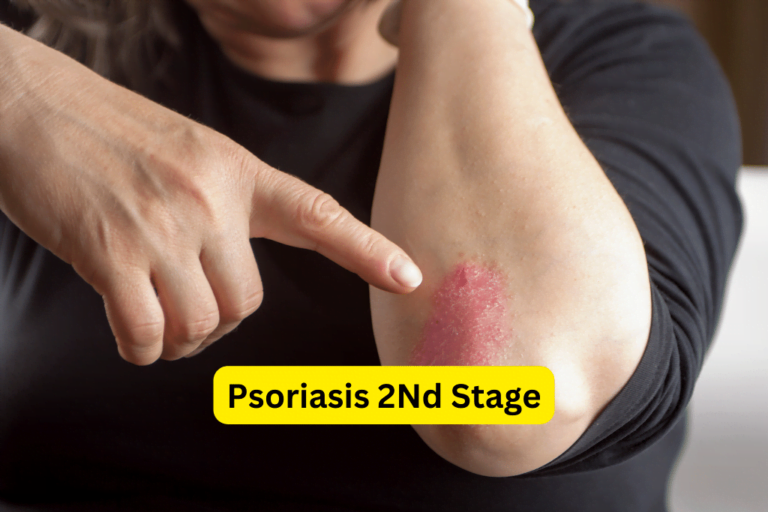Helping Teens Find Relief: Effective Strategies for Treating Psoriasis
Psoriasis 14 Year Old
Psoriasis is a chronic autoimmune skin condition that affects people of all ages, including teenagers. Defined by red, scaly patches on the skin, psoriasis can cause a great deal of discomfort and self-consciousness in young individuals. This article aims to provide a comprehensive overview of psoriasis in 14-year-olds, including its causes, symptoms, diagnosis, treatment options, and long-term outlook. Additionally, we will offer valuable tips for parents and caregivers on how to support teenagers with psoriasis and answer some frequently asked questions regarding this condition.
Causes and Risk Factors of Psoriasis in 14-Year-Olds
Psoriasis in 14-year-olds can be influenced by several factors, including:
- Genetic predisposition: A family history of psoriasis increases the likelihood of a teenager developing the condition.
- Environmental triggers: Certain environmental factors, such as infections, injuries to the skin, or exposure to certain medications, can trigger psoriasis flare-ups in susceptible individuals.
- Hormonal changes: Hormonal fluctuations during puberty may contribute to the development or worsening of psoriasis symptoms in teenagers.
- Stress and emotional factors: Emotional stress can trigger or worsen psoriasis symptoms in teenagers, highlighting the link between the mind and the skin.
Symptoms and Signs of Psoriasis in 14-Year-Olds
Psoriasis in 14-year-olds presents with various symptoms, which may include:
- Red patches on the skin: These patches are typically raised and covered with silvery scales, mainly appearing on the elbows, knees, scalp, and lower back.
- Dry and scaly skin: Teenagers with psoriasis often experience dryness and flaking of the skin.
- Itching and discomfort: Psoriasis can cause itching and irritation, leading to discomfort and potential disruption of daily activities.
- Nail changes: Psoriasis can affect the nails, causing pitting, discoloration, and separation from the nail bed.
- Joint pain and swelling (Psoriatic arthritis): In some cases, teenagers with psoriasis may develop joint pain and swelling, known as psoriatic arthritis, which can significantly impact their daily lives.
Diagnosis of Psoriasis in 14-Year-Olds
When a teenager presents symptoms consistent with psoriasis, a comprehensive evaluation is necessary for an accurate diagnosis. The diagnosis process may include:
- Medical history assessment: The healthcare provider will inquire about the teenager’s symptoms, family history of psoriasis, and potential triggers.
- Physical examination: The healthcare provider will examine the teenager’s skin, nails, and joints for characteristic signs of psoriasis.
- Biopsy and laboratory tests: In some cases, a small skin sample (biopsy) may be obtained for further examination, and laboratory tests can rule out other possible conditions.
Treatment Options for Psoriasis in 14-Year-Olds
The successful management of psoriasis in 14-year-olds typically involves a combination of treatment approaches tailored to the individual’s needs. The treatment options for psoriasis include:
Topical treatments:
These treatments are applied directly to the skin and include:
- Steroid creams: These creams help reduce inflammation and relieve itching.
- Vitamin D analogs: These synthetic forms of vitamin D slow down skin cell growth and reduce inflammation.
- Retinoids: Derived from vitamin A, retinoids can help control skin cell growth and inflammation.
Phototherapy:
This treatment involves exposing the skin to controlled doses of natural or artificial ultraviolet light, which can slow down skin cell growth and reduce inflammation.
Systemic medications:
For more severe cases of psoriasis, doctors may prescribe oral or injectable medications that work throughout the body to control inflammation and regulate the immune response.
Biologic treatments:
Biologic medications target specific molecules or proteins involved in the immune response, providing more targeted and effective treatment options for psoriasis. These medications are typically administered by injection or infusion.
Lifestyle Management and Coping Strategies for 14-Year-Olds with Psoriasis
In addition to medical treatment, lifestyle management plays a crucial role in managing psoriasis symptoms in teenagers. Some effective strategies and coping mechanisms include:
- Proper skincare routine: Regularly moisturizing the skin, avoiding harsh soaps or irritants, and gently removing scales can help alleviate symptoms.
- Stress reduction techniques: Encouraging stress-relief activities such as exercise, meditation, or engaging in hobbies can help manage emotional stress, which can exacerbate psoriasis symptoms.
- Healthy diet and hydration: A well-balanced diet containing anti-inflammatory foods and staying well-hydrated can support overall skin health.
- Participation in support groups or counseling: Connecting with others who share similar experiences can offer emotional support and provide valuable coping strategies for teenagers with psoriasis.
Potential Complications and Long-Term Outlook for 14-Year-Olds with Psoriasis
While psoriasis can significantly impact a teenager’s quality of life, early intervention and appropriate management can help minimize potential complications. Some considerations include:
- Impact on self-esteem and body image: Psoriasis can affect a teenager’s self-esteem and body image due to visible symptoms and potential social stigma.
- Increased risk of other health conditions: Teenagers with psoriasis may be at a higher risk of developing other health conditions, such as cardiovascular diseases or obesity.
- Importance of regular follow-up visits and check-ups: Teens with psoriasis should have regular appointments with their healthcare provider to monitor their condition, adjust treatments if necessary, and address any concerns.
Tips for Parents and Caregivers in Supporting 14-Year-Olds with Psoriasis
When it comes to supporting teenagers with psoriasis, parents and caregivers can make a significant impact by:
- Educating themselves about psoriasis: Understanding the condition, its causes, and available treatments can empower parents to make informed decisions and provide appropriate support.
- Providing emotional support: Being empathetic, actively listening, and offering reassurance can help teenagers cope with the emotional challenges associated with psoriasis.
- Encouraging proper treatment adherence: Parents can remind and assist teenagers in following their treatment plans consistently to maximize the effectiveness of the prescribed treatments.
- Promoting a positive body image: Encouraging open discussions about body image, self-acceptance, and emphasizing the importance of inner beauty can help teenagers develop a positive relationship with their bodies.
Frequently Asked Questions (FAQs) about Psoriasis in 14-Year-Olds
Here are some commonly asked questions about psoriasis in teenagers:
- Can psoriasis be cured? While there is no cure for psoriasis, effective treatment options can help manage symptoms and provide relief.
- Can psoriasis affect my child’s growth and development? Psoriasis itself does not affect growth and development, but emotional and physical challenges associated with the condition may impact a teenager’s overall well-being.
- Are there any natural remedies for psoriasis in teenagers? While there is no definitive natural remedy for psoriasis, certain lifestyle modifications such as maintaining a healthy diet and managing stress can complement medical treatments.
Conclusion
Psoriasis can be a challenging condition for teenagers to manage, but with proper diagnosis, treatment, and support, it is possible to achieve clear skin and improve their quality of life. It is crucial for parents, caregivers, and healthcare professionals to work collaboratively in providing teenagers with the necessary tools and support to effectively manage their condition. By seeking professional help, adhering to treatment plans, and adopting healthy lifestyle habits, teenagers with psoriasis can lead fulfilling and confident lives.
"Have You Seen Mike Walden's new holistic acne System yet? It's called "Acne No More" I've read the whole thing (all 223 pages) and there's some great information in there about how to naturally and permanently eliminate your acne without drugs, creams or any kind of gimmicks. I highly recommend it - it's very honest and straightforward without all the hype and b.s. you see all over the net these days. Here's the website where you can get more information:
Click Here -->AcneNoMore









